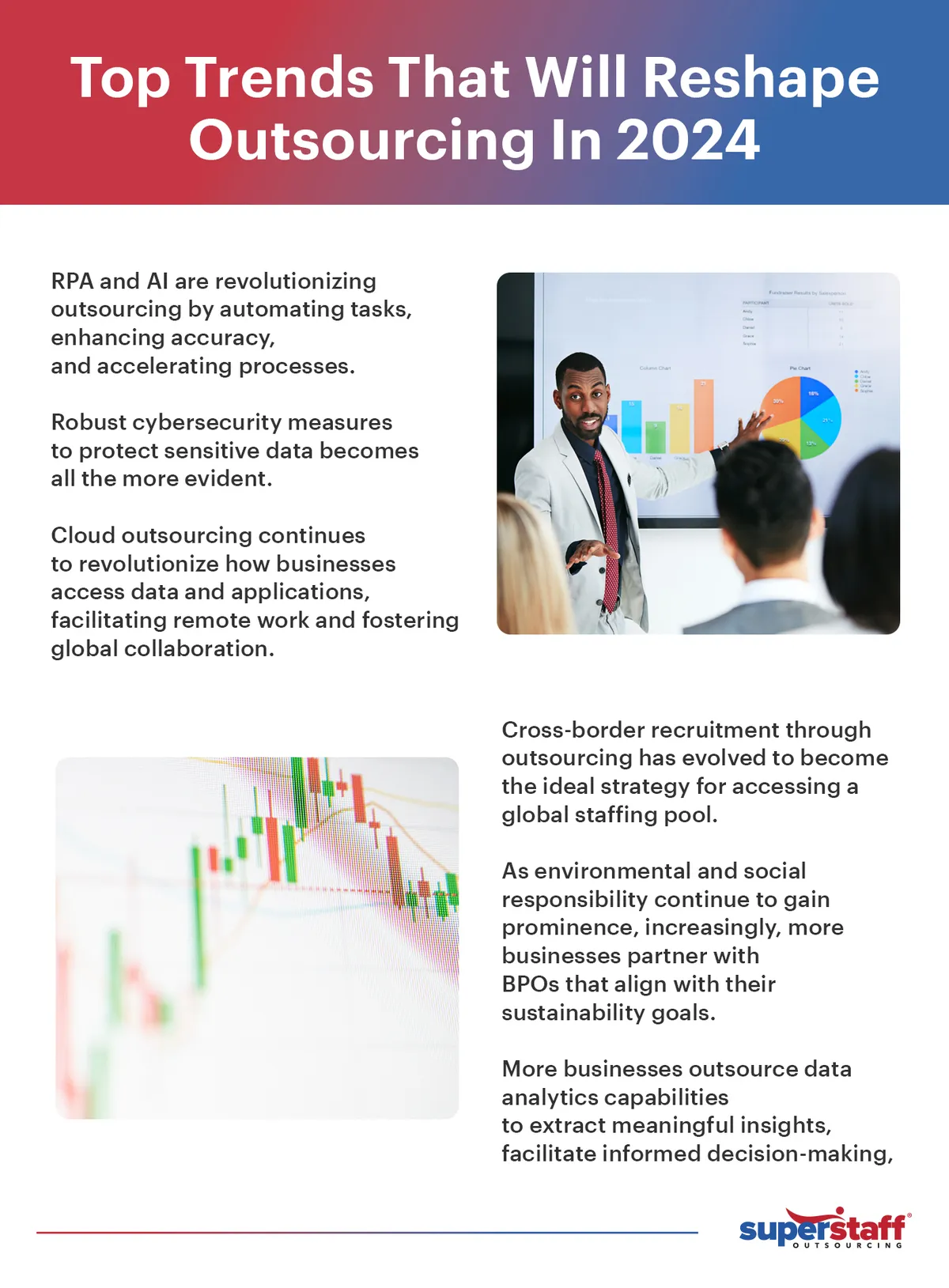Uncover Career Growth for Remote Professionals Now
Uncover Career Growth for Remote Professionals Now
Blog Article
How to Build an Effective Team of Remote Professionals
In today's progressively digital landscape, the ability to construct an effective group of remote experts is vital for organizations aiming to flourish. Crucial element such as defining clear objectives, cultivating effective communication, and selecting proper cooperation tools play a crucial function in this procedure. Nonetheless, it is the subtler aspects-- like supporting a cohesive firm culture and promoting constant discovering-- that can truly set a remote team apart. Understanding just how to integrate these components might increase more questions than responses, specifically when thinking about the special challenges that remote job presents.
Define Clear Goals and Assumptions
Frequently establishing clear objectives and expectations is essential for the success of a remote team (Remote Professionals). Without these elements, group participants may experience confusion regarding their duties, obligations, and the total objectives of the project. This uncertainty can cause lowered efficiency, misaligned initiatives, and ultimately, task failing
To specify clear objectives, it is crucial to use the clever criteria-- Specific, Measurable, Possible, Relevant, and Time-bound. This strategy ensures that each goal is distinct and can be properly connected to all team members. It is essential to align specific purposes with the overarching vision of the company, cultivating a feeling of objective and commitment amongst group members.

Foster Effective Communication

Normal check-ins and team conferences can help maintain a solid interaction circulation, permitting members to share progress updates and talk about any kind of obstructions they may run into. It is additionally crucial to identify that different people may have differing communication designs. Understanding and suiting these differences can bring about even more purposeful interactions and a more natural group dynamic.
Furthermore, clearness is important in all types of communication, whether composed or verbal. When required, motivate team participants to verbalize their ideas succinctly and to seek information. This strategy reduces misconceptions and makes sure that everyone is on the same web page. By focusing on efficient interaction, remote groups can improve productivity, enhance connections, and produce an extra comprehensive job setting, eventually leading to higher success in accomplishing common objectives.

Make Use Of the Right Tools
To sustain efficient communication within a remote group, it is necessary to utilize the right tools that promote cooperation and streamline workflows. The option of devices can substantially influence productivity, ensuring that employee remain linked and involved regardless of geographical distances.
Begin by implementing job administration software program, such as Trello or Asana, to arrange jobs, established deadlines, and track progression. This promotes responsibility and supplies visibility into each participant's payments. In addition, communication platforms like Slack or Microsoft read review Teams use instant messaging abilities, enabling real-time discussions and fast decision-making.
Video conferencing tools, such as Zoom or Google Meet, are vital for face-to-face communications, which assist develop rapport and enhance connections among employee. Record sharing and storage space services like Google Drive or Dropbox guarantee that crucial files are obtainable and editable by all group participants, advertising collaboration on tasks.
Incorporating these devices effectively produces an atmosphere where remote experts can thrive. By choosing the appropriate modern technology, organizations can enhance interaction, improve task monitoring, and ultimately attain their objectives much more successfully.
Construct a Solid Company Culture
Creating a solid business society within a remote group is essential for cultivating interaction and loyalty among next employees. A distinct society supplies a feeling of belonging and shared purpose, which is crucial when staff member are distributed throughout different areas. To grow this society, leaders should develop clear worths and assumptions that resonate with employees, guaranteeing that everybody comprehends the objective and vision of the company.
Routine interaction is vital in strengthening this society. Utilizing video phone calls, group meetings, and casual check-ins can help preserve links and promote openness. In addition, commemorating achievements, both huge and small, enhances a society of acknowledgment and recognition.
Encouraging team partnership via virtual systems not only boosts efficiency but also promotes interpersonal connections - Remote Professionals. Organizing virtual team-building tasks can further strengthen bonds amongst staff member, making them feel much more integrated into the firm
Lastly, it is very important to pay attention to worker responses and adjust as required. By revealing that their voices matter, leaders can construct depend on and commitment, ultimately developing a growing remote work atmosphere where workers really feel valued and engaged.
Motivate Constant Learning and Development
A strong company culture lays the groundwork for encouraging continual discovering and growth within a remote group. By promoting an atmosphere that values development, organizations can encourage staff members to boost their skills, adjust to new challenges, and eventually add better to group goals.
To promote continuous understanding, take into consideration executing regular training sessions, workshops, and webinars that align with both individual career objectives and organizational demands. Utilize technology to help with access to e-learning platforms, guaranteeing that resources are readily offered for remote staff member.
Urge knowledge sharing by developing mentorship programs and producing forums for staff members to trade insights and finest methods. Compensating and acknowledging employee who actively take other part in learning initiatives strengthens the value of growth and motivates others to comply with suit.
Furthermore, conducting regular comments sessions can aid recognize ability gaps and locations for improvement, allowing for customized development strategies. By prioritizing continuous learning and advancement, remote teams can grow a culture of innovation, resilience, and flexibility, which are vital for browsing the complexities of today's business landscape.
Final Thought
To conclude, the establishment of a successful remote group depends upon the integration of clear goals, effective communication, appropriate devices, a robust company culture, and constant knowing chances. By straightening individual contributions with organizational objectives and promoting an atmosphere of visibility and cooperation, remote experts can thrive. Remote Professionals. The execution of these techniques not just improves team communication but also drives motivation, inevitably causing enhanced efficiency and success in a remote working landscape
It is the subtler aspects-- like nurturing a cohesive company culture and promoting constant discovering-- that can genuinely establish a remote team apart.Reliable interaction is the foundation of a prospering remote group. By focusing on reliable interaction, remote groups can enhance efficiency, enhance partnerships, and create a much more inclusive work atmosphere, eventually leading to higher success in attaining common goals.
Creating a strong company culture within a remote team is necessary for promoting interaction and loyalty amongst staff members.In final thought, the establishment of a successful remote team hinges on the assimilation of clear objectives, efficient communication, appropriate devices, a robust business culture, and continuous understanding possibilities.
Report this page